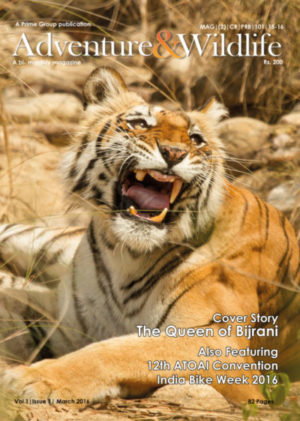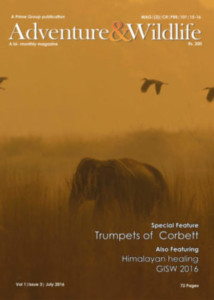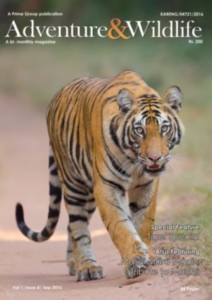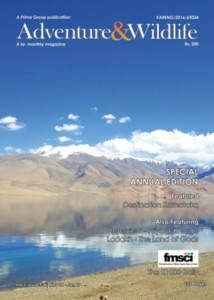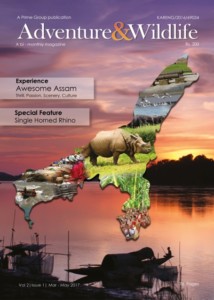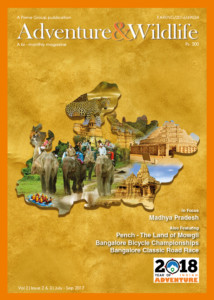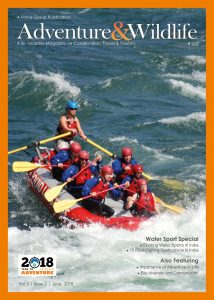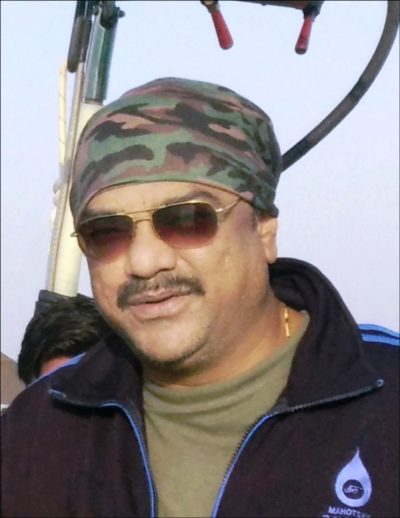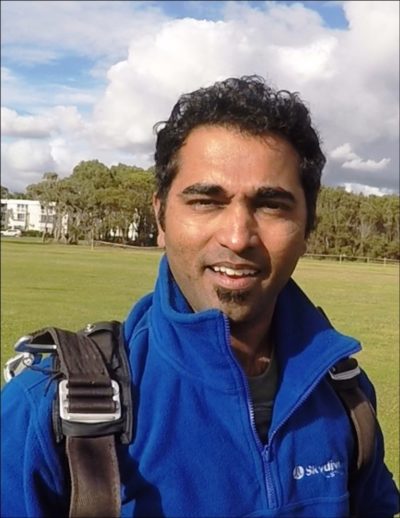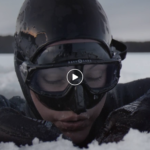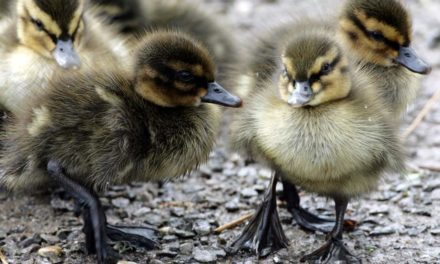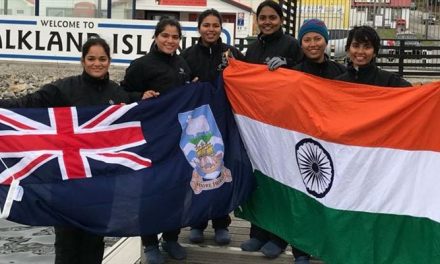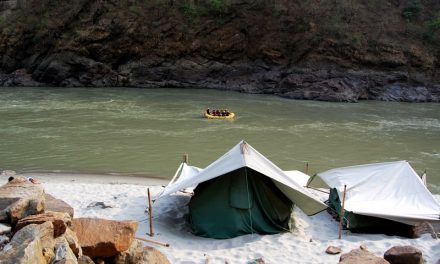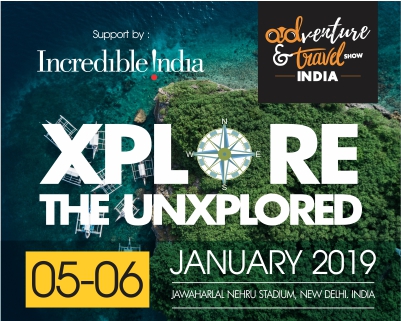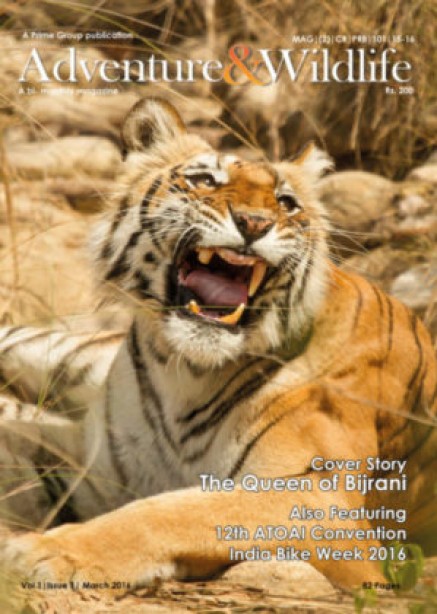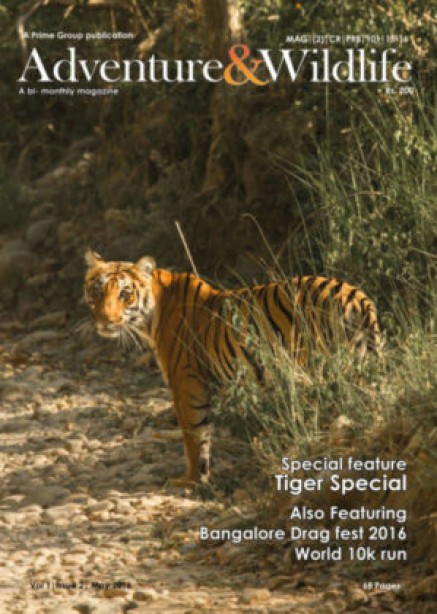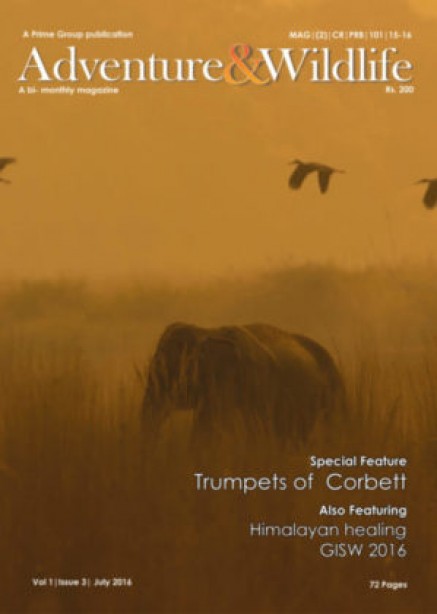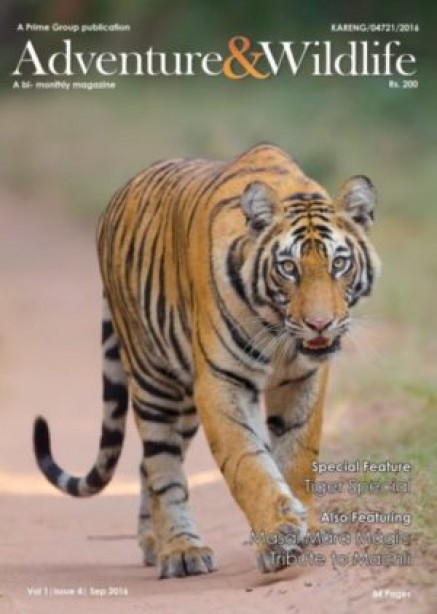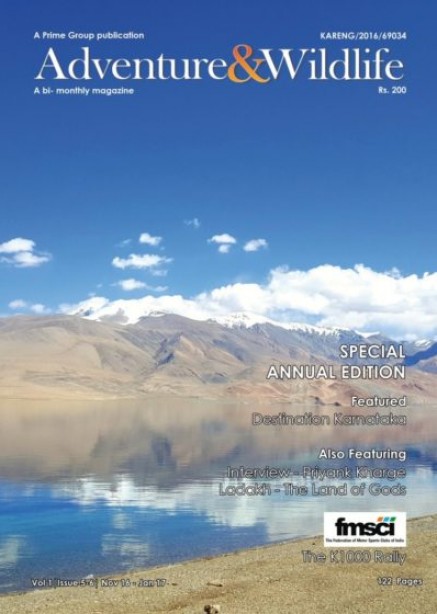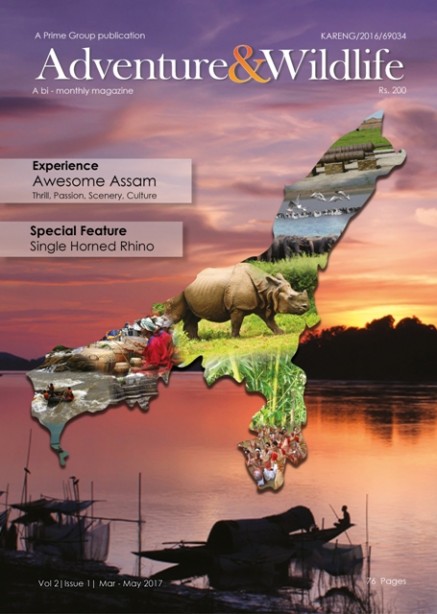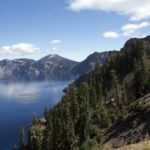
Global warming is killing fish in Arabian Sea, say Hyderabad ocean scientists
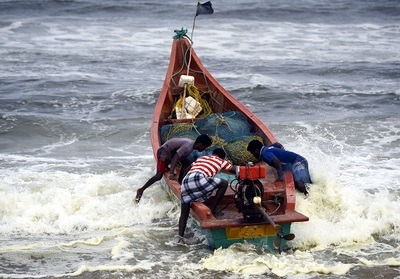
HYDERABAD: Ocean sciences experts from Hyderabad and the United States of America(USA) have now linked global warming to the unchecked bloom of a special type of algae in the Arabian sea. The algal bloom is leading to the death of commercially and ecologically important fish species.
A research study conducted by a joint team of Indian and American experts in ocean sciences revealed that harmful Noctiluca blooms in the Arabian Sea are thriving due to global warming. INCOIS is conducting more research to decode more secrets behind the fish mortality in the Arabian Sea.
The Noctiluca algae are often reported to occur in patches or blooms in the Northern Arabian Sea. These striking green blooms often appear to glow at night due to a special phenomenon called bioluminescence, earning them the nickname ‘sea sparkle’, the study said adding that “unfortunately, these beautiful patches, indicate zones of decline because fish cannot thrive and sometimes die because of these blooms.” Noctiluca voraciously eats one of the most important planktonic organisms at the base of the fish-food chain, namely diatoms, and excretes large amounts of ammonia, linked with massive fish mortalities.
The study suggested that rather than effluents or chemical pollution, it is global warming conditions that are contributing to the observed abundance of Noctiluca in the Northern Arabian Sea. The warming climate will allow seawater layers to stratify more intensely. This will slow the upward transport of nutrients

